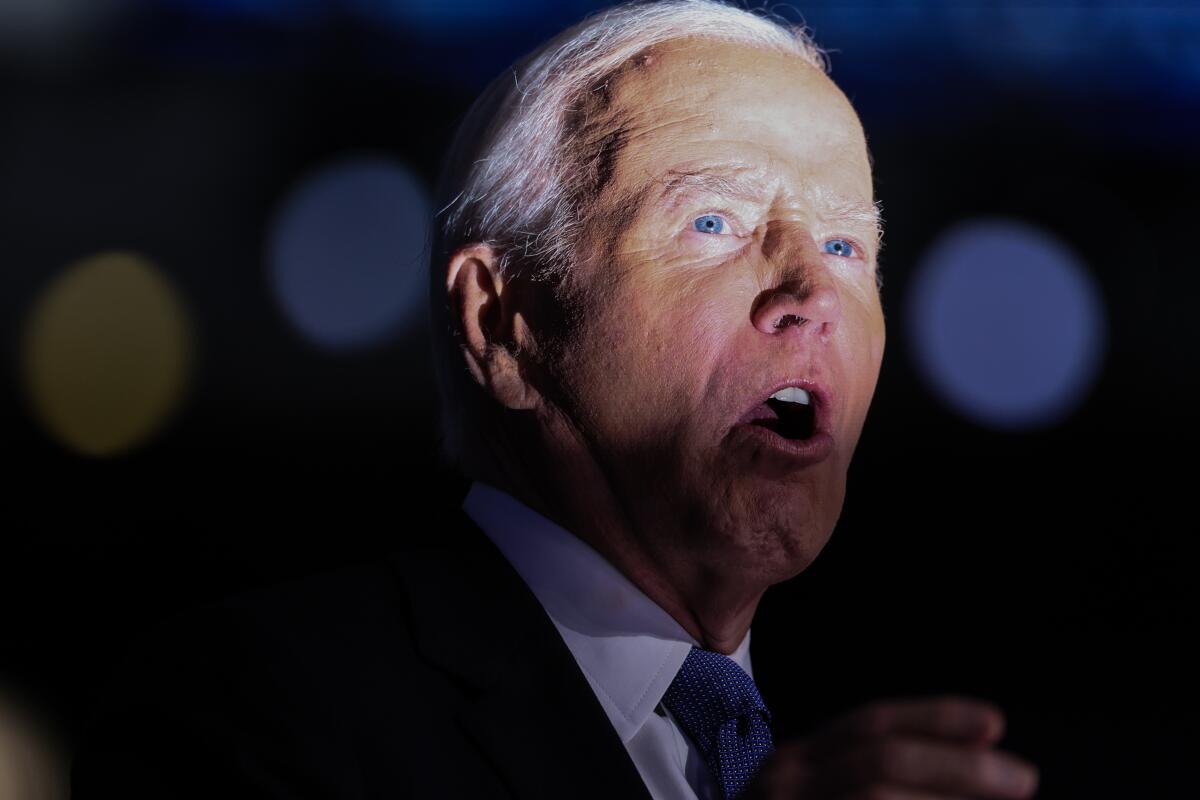NEW DELHI (Reuters) – Dozens of protesting Indian farmers were detained en route to New Delhi on Wednesday, forcing them to call off their plan to converge on the capital in their demand for higher crop prices, protest leaders said.
Thousands of farmers, mostly from the northern state of Punjab, launched a “Delhi Chalo” (Let’s go to Delhi) march last month demanding higher guaranteed prices for their produce but were stopped by police about 200 km (125 miles) north of the capital.
Protest leaders had planned to resume the protest on Wednesday, urging farmers across India to head for the capital by bus and train since their tractors had been blocked and tear gas and water cannon used to disperse them.
Farmers started moving towards Delhi but had been stopped by police in some states, said a statement from the Samyukta Kisan Morcha (Non-Political), or United Farmers’ Front, one of the two groups leading the protests.
Fifty farmers from one district in the northern state of Rajasthan were taken into custody on Tuesday night while others travelling to Delhi by train from the same state were detained at a police station on Wednesday, farmer leaders told reporters.
Rajasthan police denied detaining any farmers.
“We have not detained anybody in relation to the farmers’ agitation. There has been no mass movement from here in relation to the protest,” Utkal Ranjan Sahoo, Rajasthan’s police chief, told Reuters.
Farmers from other central and northern states are expected to arrive in Delhi on Thursday, said another protest leader, Ramandeep Singh Mann.
Farmer groups from southern and western India also said they were preparing to join the protests.
“The farmers remain determined to enter the city. Their resolve to fight for their rights has only strengthened in the face of obstacles,” Mann said.
The protests come weeks before national elections in which Prime Minister Narendra Modi is seeking a rare third term.
A similar but larger protest two years ago, which saw farmers from more groups camped at Delhi’s borders for months, forced Modi to repeal some farm reform laws in his biggest political defeat.
(Editing by YP Rajesh; Editing by Nick Macfie)
